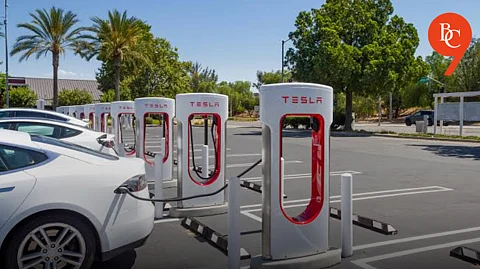

India’s electric vehicle (EV) revolution is shifting into high gear, with the nation projected to become the world’s fourth largest electric car manufacturer by 2030. This remarkable forecast, backed by industry analysts and recent government reports, underscores India’s rapid transformation from an emerging EV market to a global powerhouse in green mobility.
Over the past five years, India has witnessed a dramatic surge in EV adoption, spurred by a combination of consumer demand, favorable government policies, and robust investment in manufacturing infrastructure. According to the International Energy Agency (IEA), India’s annual EV sales are expected to grow at a compound annual growth rate (CAGR) of over 40% through the end of the decade.
By 2030, India is set to surpass traditional automotive giants such as Germany and South Korea, trailing only behind China, the United States, and Japan in electric car production. This leap will not only reshape the country’s automotive landscape but also position India as a key player in the global shift toward sustainable transport.
The Indian government’s ambitious FAME (Faster Adoption and Manufacturing of Electric Vehicles) scheme, along with state-level subsidies, tax breaks, and investment in charging infrastructure, has created a fertile environment for EV manufacturers. The recently announced Production Linked Incentive (PLI) scheme for the auto sector is further accelerating domestic EV production.
With rising fuel prices and increasing concerns over air pollution, Indian consumers are turning to electric vehicles as a cleaner, more cost-effective alternative. The expanding range of affordable EV models from both established automakers and startups is making electric mobility accessible to a broader audience.
India’s robust manufacturing base, skilled workforce, and growing network of EV component suppliers are attracting significant investment from global and local players alike. Companies such as Tata Motors, Mahindra Electric, Ola Electric, and BYD India are leading the charge, while new entrants and joint ventures are injecting fresh innovation into the market.
As the world’s demand for electric vehicles surges, India is poised to become a major exporter of EVs and components, leveraging its cost-competitive manufacturing capabilities and strategic geographic location.
Despite the optimistic outlook, India’s EV sector faces challenges, including the need for a more extensive charging infrastructure, reliable battery supply chains, and continued technological innovation. Addressing these hurdles will be crucial to sustaining growth and achieving the 2030 target.
India’s ascent as the fourth largest electric car manufacturer will have far-reaching implications for the environment, economy, and society. Increased EV adoption is expected to significantly reduce carbon emissions, improve urban air quality, and create millions of new jobs in manufacturing, services, and clean energy sectors.
